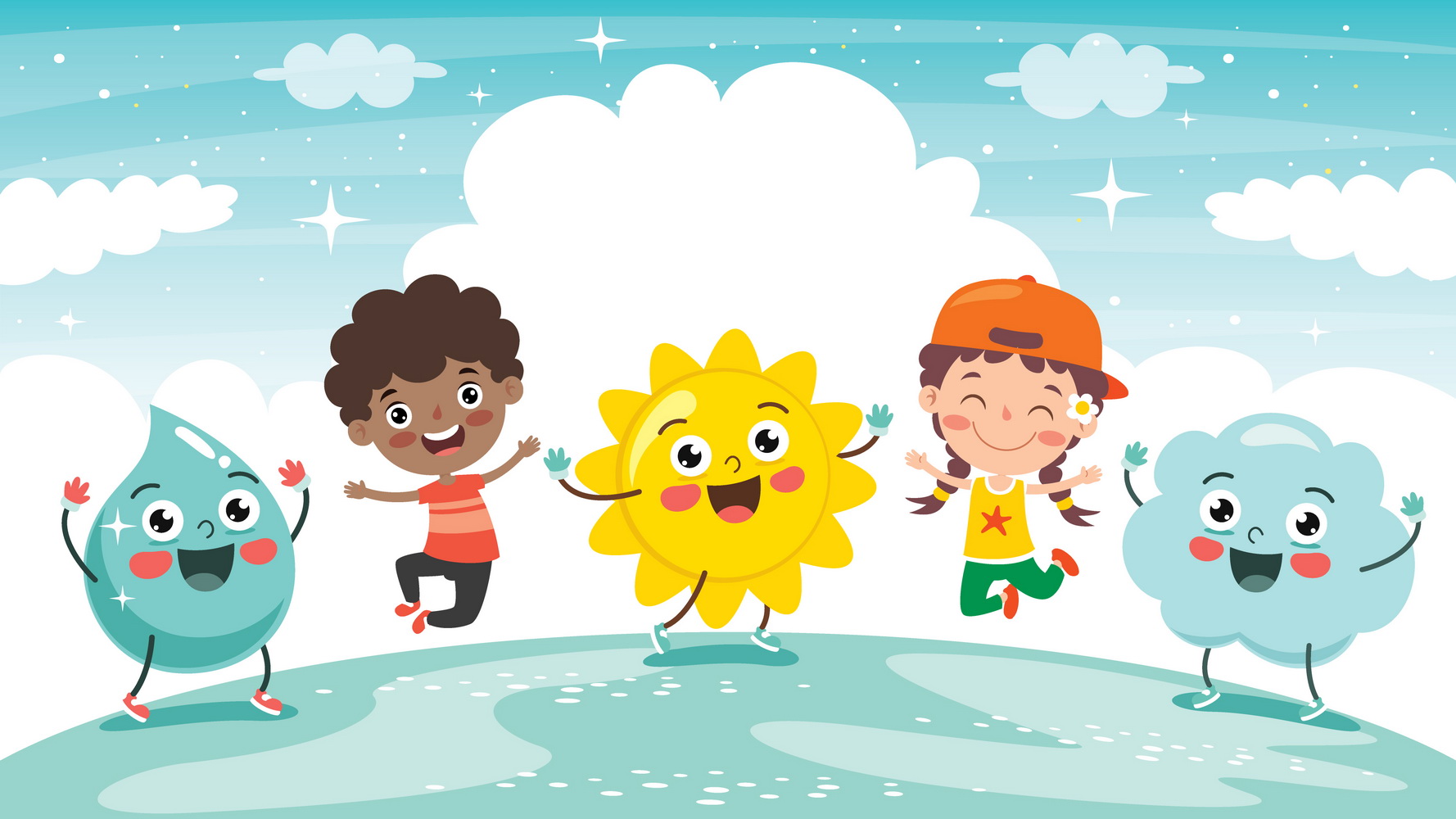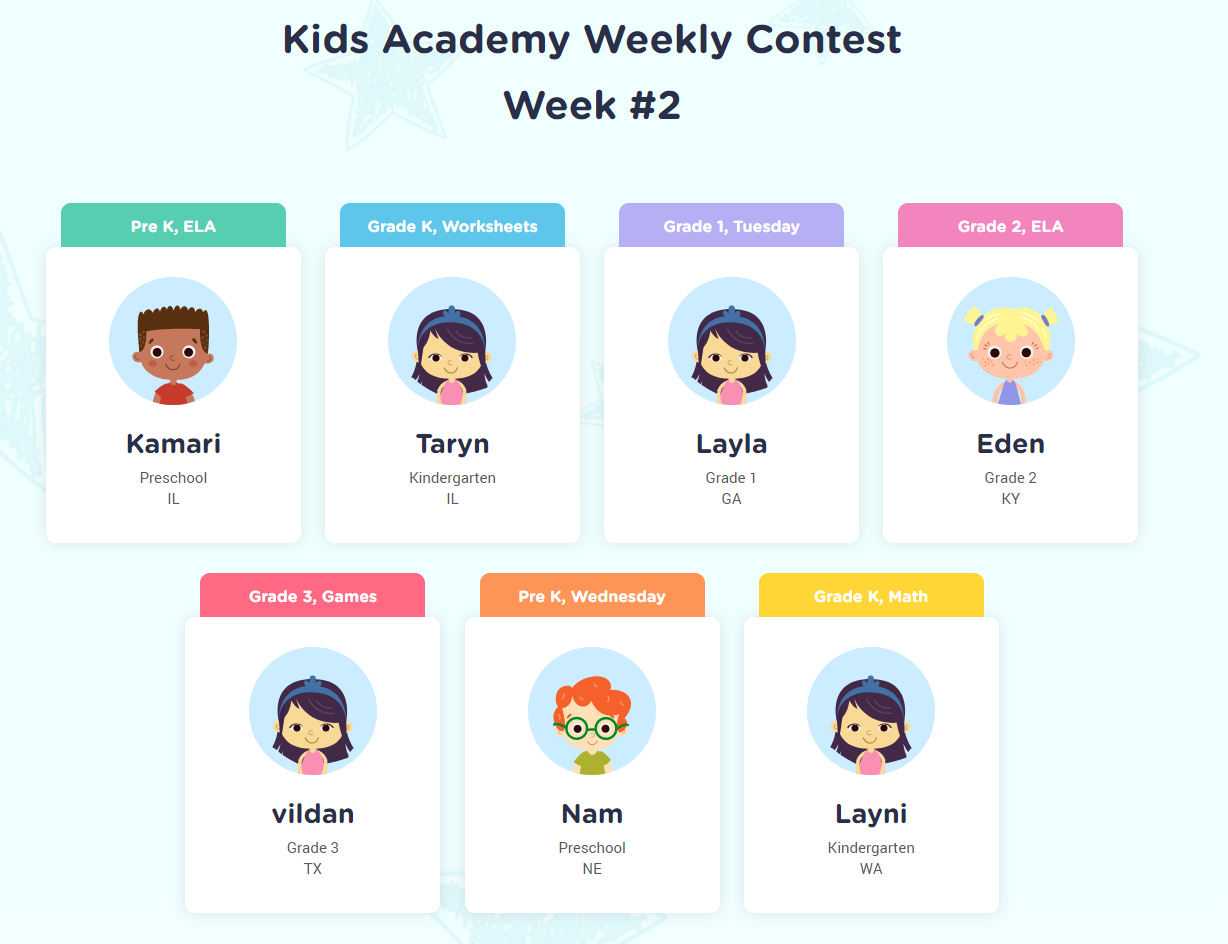Pattern recognition Extra Challenge Worksheets for Ages 4-9
7 filtered results
-
From - To
Unlock added fun and learning with our Pattern Recognition Extra Challenge Worksheets designed for ages 4-9! These engaging activities, created by expert educators, help enhance critical thinking and observation skills. With a wide variety of patterns to decipher—from shapes and colors to sequences and more—our worksheets cater to kindergarten through elementary school children. Ideal for classroom use or at-home practice, each worksheet progressively challenges young minds, fostering problem-solving abilities and boosting confidence. Keep your child ahead with these fantastic resources, making learning both fun and effective! Download today and watch their skills soar!
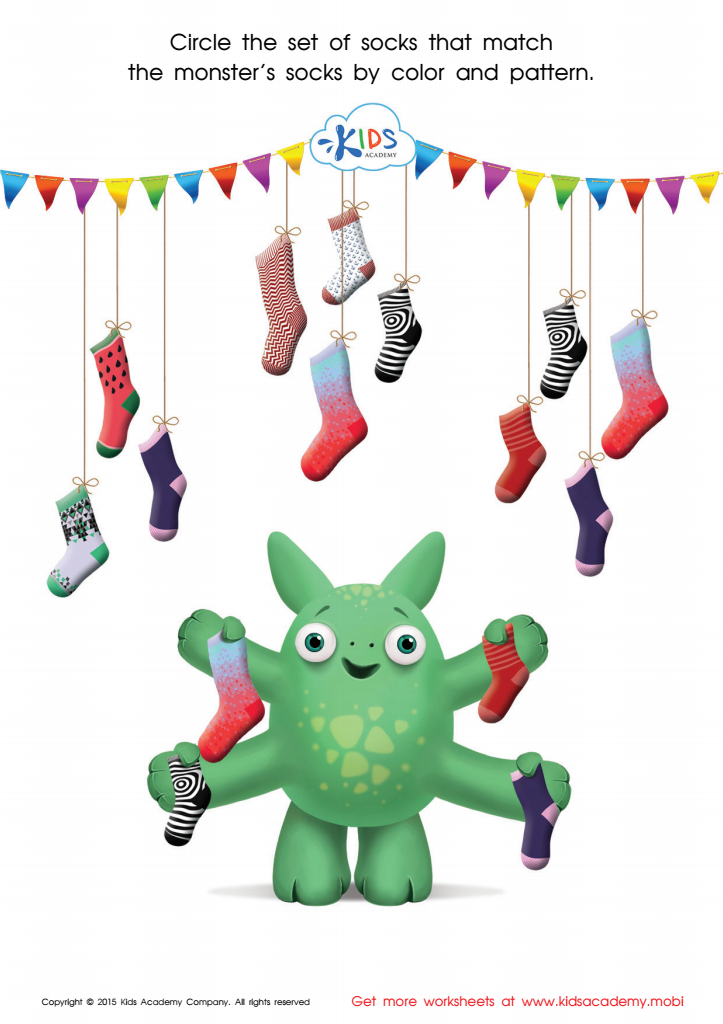

Sort the Monster's Socks Worksheet
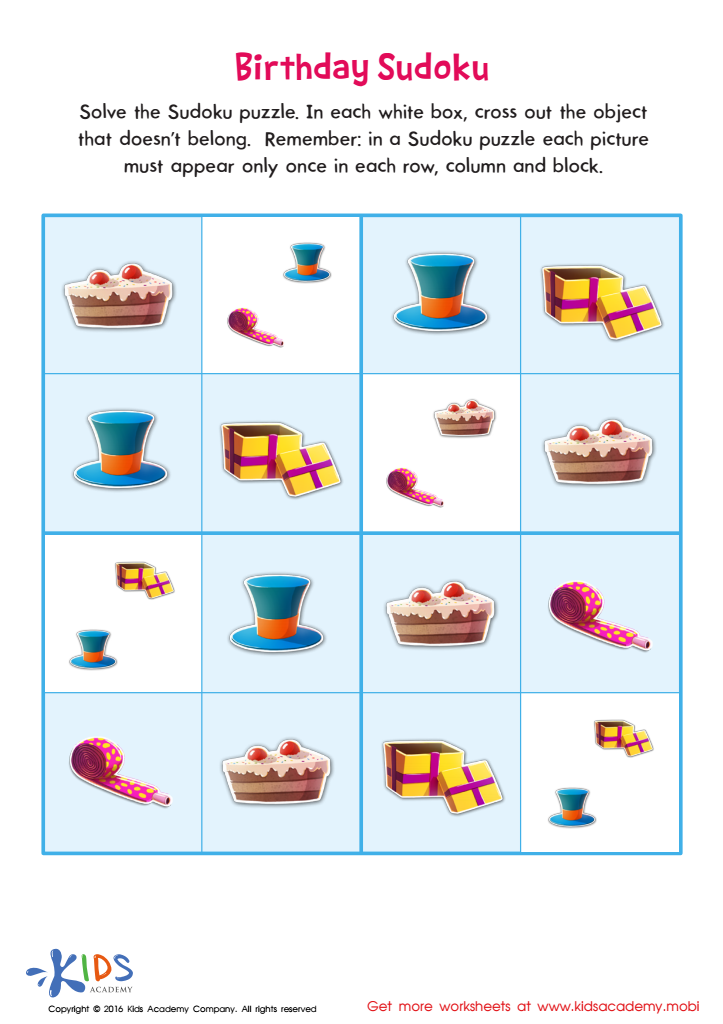

Birthday Sudoku Sorting Worksheet
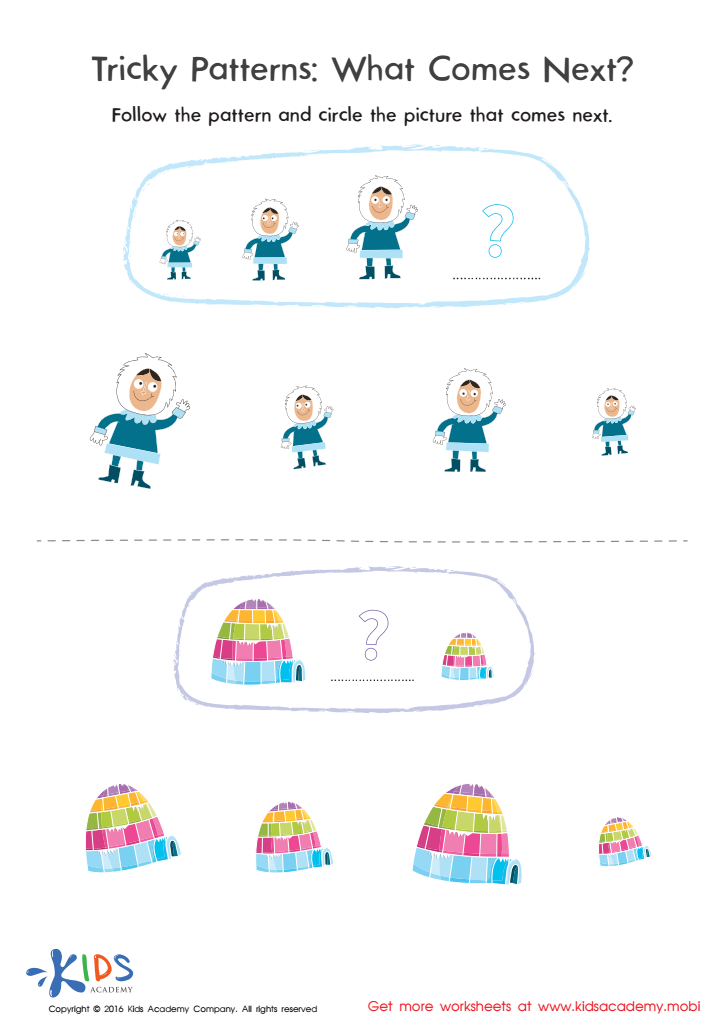

Tricky Patterns Size Worksheet
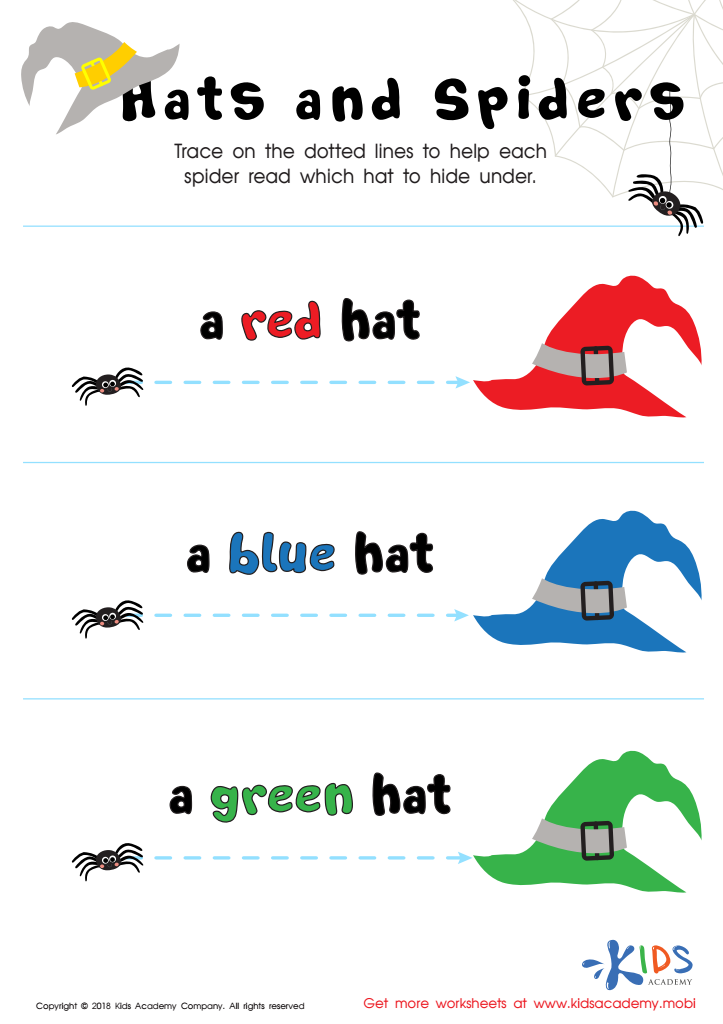

Read from Left to Right: Hats and Spiders Worksheet
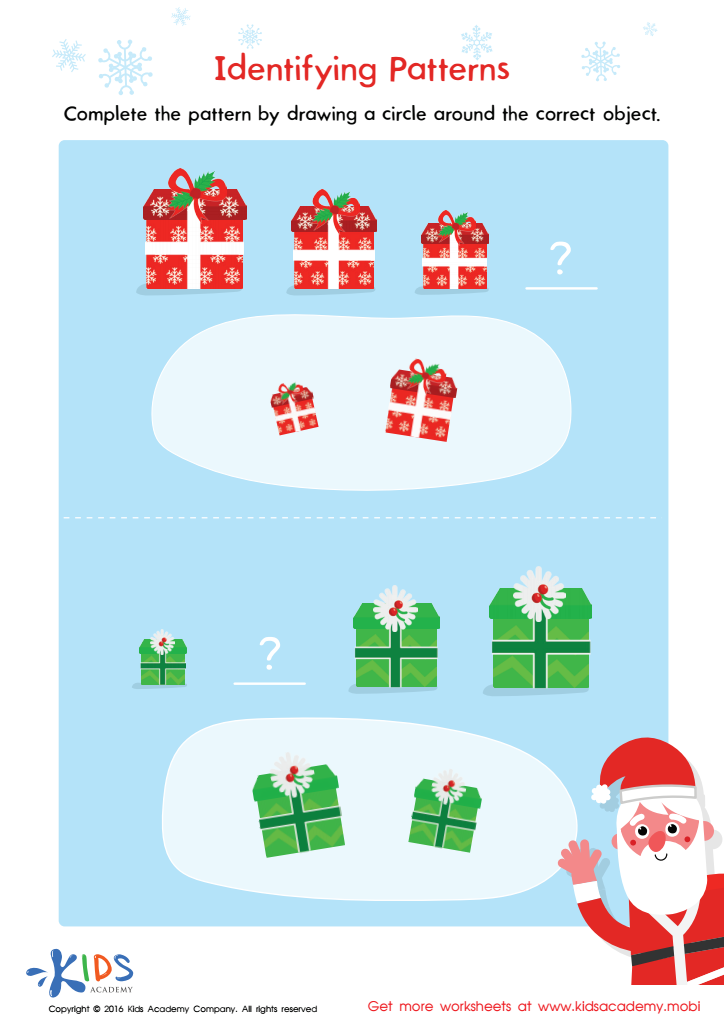

Identifying Patterns Worksheet
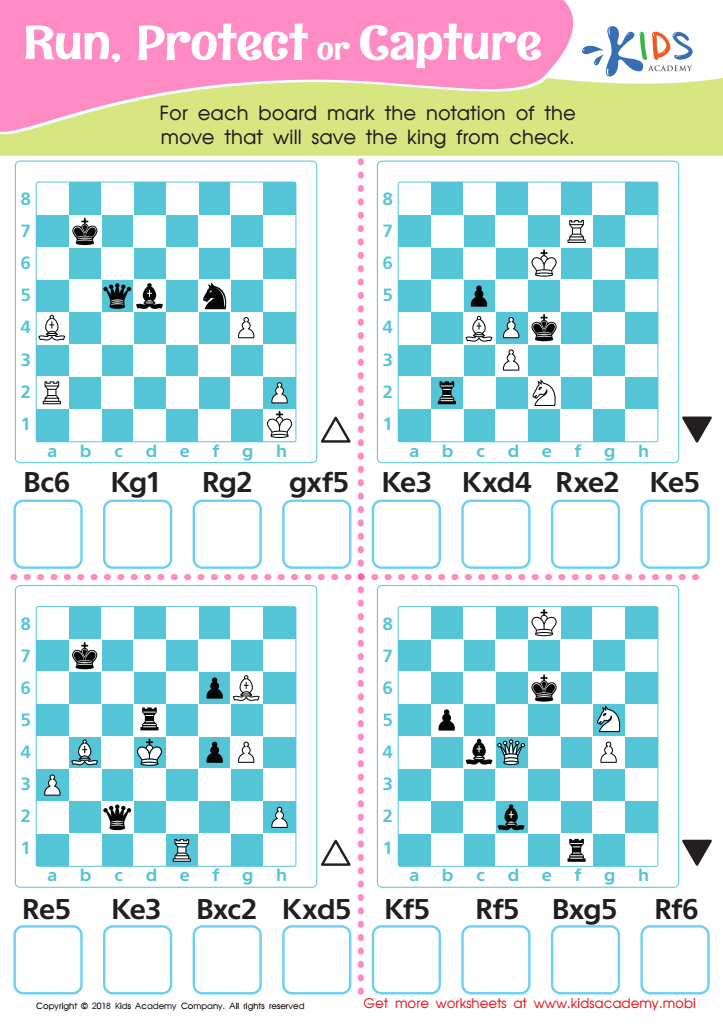

Run, Protect or Capture Worksheet
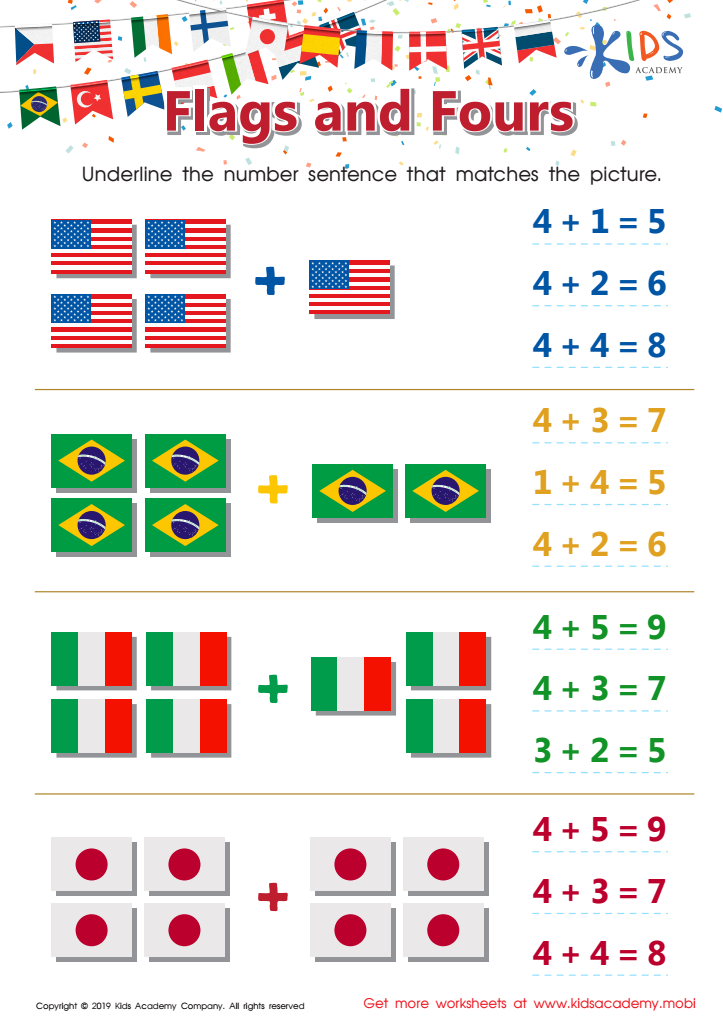

Flags and Fours Worksheet
Pattern recognition is a foundational skill in early childhood development that affects a child's ability to understand and predict the world around them. For children aged 4-9, enhancing pattern recognition skills is crucial and offers numerous benefits.
-
Foundational Mathematics Skills: Patterns are the basis of math concepts. Recognizing and predicting patterns help children understand sequences, categorize objects, and eventually grasp more complex math concepts like addition, multiplication, and problem-solving.
-
Cognitive Development: Learning to identify and understand patterns boosts cognitive abilities. It helps children develop skills in logic and reasoning, which are crucial for critical thinking and problem-solving. Recognizing patterns helps children make connections between different things they learn.
-
Reading and Writing: Pattern recognition aids in literacy development. Recognizing letter patterns and sequences in words helps children learn to read and write.
-
Life Skills: In daily life, pattern recognition allows children to establish routines and understand time-related patterns such as day/night cycles and seasons, promoting a sense of order and predictability.
Encouraging extra challenges in pattern recognition stimulates their brain, making them more adept at tasks requiring planning and organizing. It paves the way for lifelong learning skills, making children more prepared for academic and everyday challenges.

 Assign to My Students
Assign to My Students


